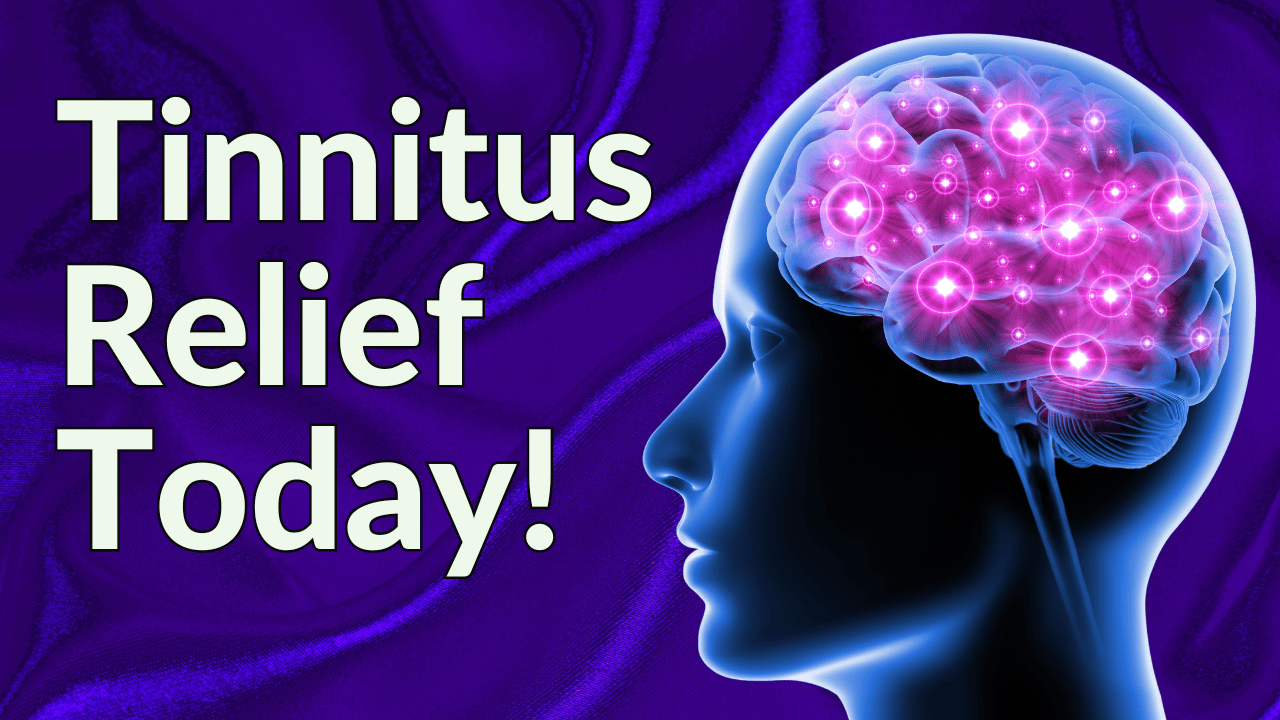If you’re like many individuals who struggle with tinnitus, you may also find yourself experiencing frequent anxiety or trouble sleeping. Unfortunately, these conditions often co-occur in those with auditory issues.
Among common treatments for both sleeplessness and anxiety is a class of drugs known as benzodiazepines. These sedative medications include alprazolam (Xanax), clonazepam (Klonopin), diazepam (Valium), lorazepam (Ativan), and midazolam (Versed). For tinnitus sufferers, it’s not uncommon to get a prescription.
Breaking Down Benzodiazepines
Used correctly and under the very careful supervision of a physician, these medications can help temporarily take the edge off. There’s a reason that benzodiazepines have been the most frequently prescribed medications in the U.S. for decades. While primarily used for the treatment of anxiety disorders, they’re also prescribed for severe muscle spasms, tremors, seizures, insomnia, and alcohol and drug withdrawal symptoms.
"Treble Health helped me reduce my tinnitus by about 80%, and now I can live my life again!"


"Treble Health helped me reduce my tinnitus by about 80%, and now I can live my life again!"
– Steve D.
Book a free consultation to learn which Treble Health solution is right for you. Join Steve and thousands more who have found lasting tinnitus relief.
Benzodiazepines work by targeting the gamma-aminobutyric acid (GABA) receptors of the brain and slowing reaction in the central nervous system to induce relaxation. Benzos also help aid in trouble sleeping, since anxiety is known to contribute to insomnia.
Typical use of any benzodiazepine shouldn’t exceed just a couple of weeks; most prescriptions are about 2-4 weeks total. Even brief use can cause significant side effects – including memory loss, confusion, muscle weakness, slurred speech, and aggressive or depressive mood swings. If abused or taken for longer periods of time, the side effects and withdrawal symptoms can escalate to the point of hospitalization. Working closely with your clinician is essential if you elect to pursue any of these drugs.
Benzodiazepines And Tinnitus
As for the effectiveness of benzodiazepines on tinnitus, the science is fairly scant. In fact, the American Academy of Otolaryngology has come out against prescribing use of the medications to treat tinnitus due to lack of evidence and potential for harm.
It’s true that many people who take benzodiazepines report an immediate and positive impact on mood and sleep. This relief, however, hasn’t been proven to last. Indeed, in the long run, high doses of some benzodiazepines may actually interfere with the brain’s natural habituation process to tinnitus. That means, because the medications “override” the brain’s normal functions, the brain doesn’t learn how to naturally reduce its awareness of or attention to episodes of tinnitus.
Moreover, long-term use of these drugs at high doses have negative effects on wellness, as well as interfere with other therapies for ear and whole health.
Should I Stop Taking Benzodiazepines?
It’s extremely important not to startle your body by immediately stopping a medication that you’ve been taking regularly. In addition to likely worsening or triggering tinnitus, the withdrawal symptoms from stopping a benzodiazepine regimen without clinical support can be painful and dangerous.
Indeed, the risk of dependence is part of the reason so many clinicians have become increasingly reticent to prescribe benzodiazepines, preferring instead to seek alternative pain and anxiety treatments with a much lower likelihood of addiction. Longer term use of the drugs also encourages the body to develop a kind of tolerance, thus requiring a higher dosage for the same level of relief.
If you’re either considering benzodiazepines or trying to wean off the medications, it’s critical to connect with your doctor to develop a plan that incorporates other stress mitigation strategies into your plan of care.
Some options to help ease anxiety related to tinnitus and nurture better sleep include practices grounded in evidence, like sound therapy and cognitive behavioral therapy, as well as tinnitus retraining therapy. While no treatment cures the condition, all play a role in changing the way we co-exist with tinnitus. These therapies not only have sustained effects on our relationship to tinnitus, but are shown to help us navigate other health and personal challenges as we learn to manage stress and literally (in the case of tinnitus) turn down the volume.
So should you be using benzodiazepines for tinnitus relief? Frankly, the evidence just isn’t there. But the decision to incorporate or phase out the drugs as part of your treatment should be made collaboratively with your doctor – and with the knowledge that there are plenty of alternative, tried-and-true, emergent, and non-medical interventions that may be safer, have longer treatment effect duration, and are more effective.
Next Step: Book Free Consultation
- 75% of patients reduced their tinnitus within three months after following our recommendations.
- "I feel like Treble Health literally gave me my life back." - Randy S. (verified customer)
- Join thousands of people who have reduced their tinnitus after scheduling a free consultation.


















